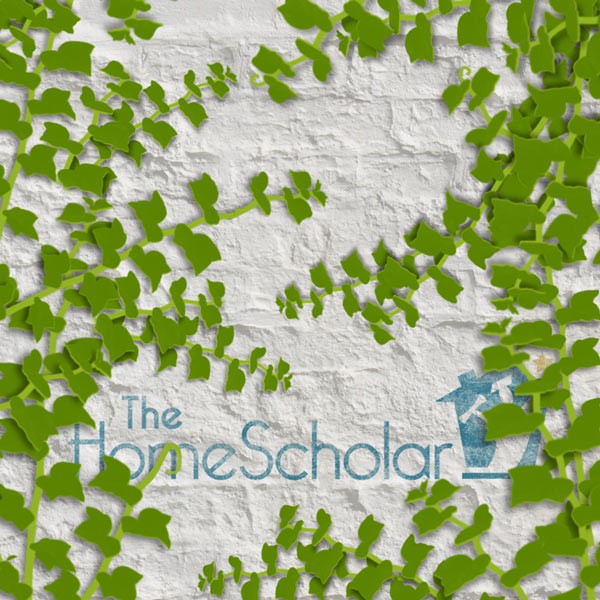~ A word from our founder, The HomeScholar Emeritus, Lee Binz ~
This is an excerpt from my book, Upper Echelon Education: How Homeschoolers Can Gain Admission to Elite Universities. You can purchase a copy in print or Kindle version on Amazon. Please note that as of January 2021, The College Board has discontinued SAT® Subject Tests and SAT® essay.
How Homeschoolers Can Gain Admission to Elite Universities
Is your student interested in attending an Ivy League school? Do you think they have what it takes? Here’s what’s required: a gifted student with a strong work ethic, a lot of parental effort (especially with record-keeping), rigorous academics, high test scores, demonstrated leadership, activities that are measurable, a passion in something outside academics, a fabulous essay, great letters of recommendation (military academies require a recommendation by members of congress), wonderful interview skills, volunteer work, everything else and then more! And even when you have all these things, you also need luck, because most other applicants have these things too …
The true Ivies are Harvard, Yale, Columbia, Princeton, Dartmouth, Brown, Penn, and Cornell. Here’s a sample of their admission rates:
Harvard –5.9%
Penn –12.3%
Cornell –16.2%
These are admission rates for 2011. 90% of people who apply to Ivy League schools are rejected! This means your student can have everything done perfectly, and still only have a 10% chance of getting in. It’s true that not every applicant is perfect, but a high percentage of them are excellent, so these schools have very low acceptance rates.
Princeton University
According to Princeton’s website, the more you can document and describe your student, the better. Feel free to go beyond the questions on the application forms, and include whatever you think is important. You can skip questions that don’t apply because you are homeschooling. Some people get very overwhelmed filling out the forms. Princeton says that you don’t necessarily have to make your child fit the application – you can just explain what is going on. They do get fairly specific on some things they like to see. Before preparing your application, make sure that you review their other publication, “How to Apply to Princeton.”
Sometimes homeschoolers only look for information about homeschoolers, and forget that they have to apply like a regular student. Read the application information for all students, and make sure you’re familiar with the requirements and suggestions. Then get the tips for homeschool students, so you will feel comfortable putting your homeschool on paper.
Princeton specifically says they’re looking for letters of recommendation or references, from three different adults who are not family members, who can comment on intellectual curiosity, academic preparation, academic promise, or extra-curricular involvement. If your child wants to go to Princeton, consider how you can encourage their activities to come up with those letters of recommendation. Princeton also says that it is often the parent who completes the Secondary School Report. Public schools and private schools that have kids going to Princeton may already know how to fill this form out, but homeschoolers generally don’t. As the homeschool parent, your job is to fill out the School Report as if you are the school administrator. Don’t back off from doing this; don’t feel like somebody else has to be in charge, because that’s your job.
Princeton wants to see that a student has taken challenging courses, with a rigorous course of study. They want a traditional transcript with course grades, and an outline of the high school curriculum with a reading list. Comprehensive homeschool records and a very normal-looking transcript are very important as well. All applicants are required to take the SAT® or the ACT® with writing, as well as two SAT® subject tests. Many homeschoolers tend to take more than this, because they want to demonstrate their academic breadth, even though they don’t have traditional grades from a traditional school. Princeton suggests that your child take more SAT® subject tests and more AP® tests.
[*Please note that as of January 2021, The College Board has discontinued SAT® Subject Tests and SAT® essay.]
There is some talk among the parents of Ivy applicants that most Ivy League applicants will have five to eight AP® exams. I don’t know if that’s true, since I haven’t seen any statistics. However, taking additional tests is something that’s very important, because Ivy league schools deal with so many bright, gifted, driven children that it’s hard for them to make a decision without the numbers, and these tests will provide the information.
Upper Echelon Education is one of my Coffee Break Books. What are Coffee Break Books? These are books designed for YOU – a busy homeschool parent feeling frustrated by something, and needing information NOW – all put together in an easy-to-read, short, simple format. Coffee Break Books are perfect for overwhelmed, sleep-deprived moms with a baby on their hip. Simple, large font makes them easy to read even when distracted or pulled in a million directions. They are designed to help parents tackle just ONE issue of homeschooling during just ONE coffee break! Each book combines a practical and friendly approach with detailed, easy-to-digest information. Never overwhelming, always accessible and manageable, each book in the series will give you the tools you need to tackle the tasks of homeschooling high school, one warm sip at a time.
Learn more about Upper Echelon Education in my review below!
This is an excerpt from my book, Upper Echelon Education: How Homeschoolers Can Gain Admission to Elite Universities. You can purchase a copy in print or Kindle version on Amazon.






